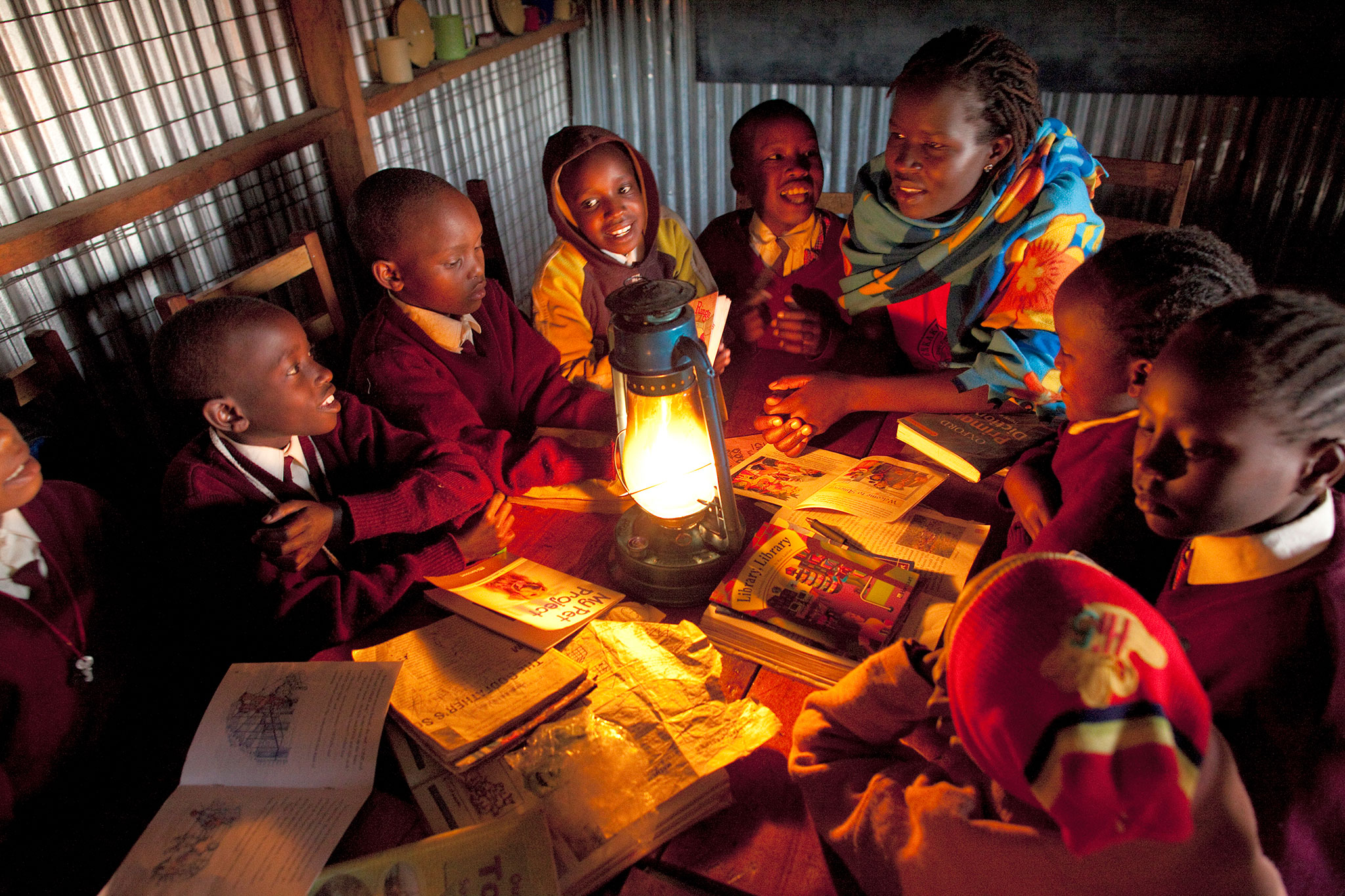They say experience is the best teacher. And having learned the hard way the challenges girls endure in attaining education in rural parts of Africa, Kakenya Ntaiya is beginning to contribute to making a difference.
At age five, Ntaiya knew who her future husband was; at age 12, she was forced to undergo female genital mutilation (FGM), in preparation for marriage. Often unheard of, she negotiated with her father to allow her to return to high school after undergoing FGM.
Several years later, Ntaiya broke away from the traditional path again and did what no girl from her community had ever done: leave the village to go to college in the United States. She eventually went on to earn her Doctorate in Education from the University of Pittsburgh.
While most American girls finger-painted in their Mary Janes, Kakenya Ntaiya prepared for marriage in rural Kenya.
After Ntaiya achieved her own education goals, she decided to go back to Kenya and give back to her rural community by redefining what girls’ lives should look like.
So, in 2009, she started a school where girls could be girls, not wives.
“We tell them, ‘You have a brain. You’re a child. You can jump rope,’” Ntaiya said during a Feb. 26 talk at the Ms. Magazine and Feminist Majority Foundation office in Los Angeles. “It’s about changing the norms.”
The school began without a building or a classroom, with Ntaiya teaching 13 girls under a tree.
Now, a decade later, Kakenya’s Dream calls their all-girls boarding schools “Centers for Excellence,” with one campus running and another almost fully built. The organization also educates Kenyan boys and girls through Health and Leadership Trainings and the Network for Excellence—which provides support to young girls so they may keep pursuing education and, eventually, career goals.
By educating kids through these three different programs, Ntaiya has touched and united the entire community.
“In order to empower a girl, you truly have to bring everybody on board,” Ntaiya said. “You have to bring the whole village, literally, to create support for a girl.”
When starting this endeavor, Ntaiya struggled to garner support from her conservative town. She practiced patience and listened to the people who opposed her so they could, slowly but surely, work together for the betterment of the community—despite its long-standing discriminatory traditions.


